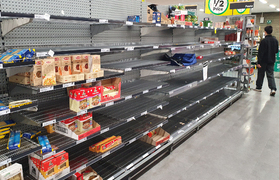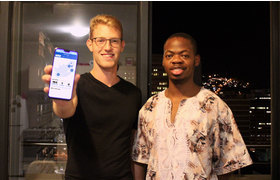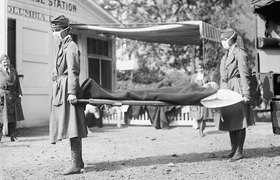Sport and isolation in a time of COVID-19
26 March 2020 | Story Helen Swingler. Read time 6 min.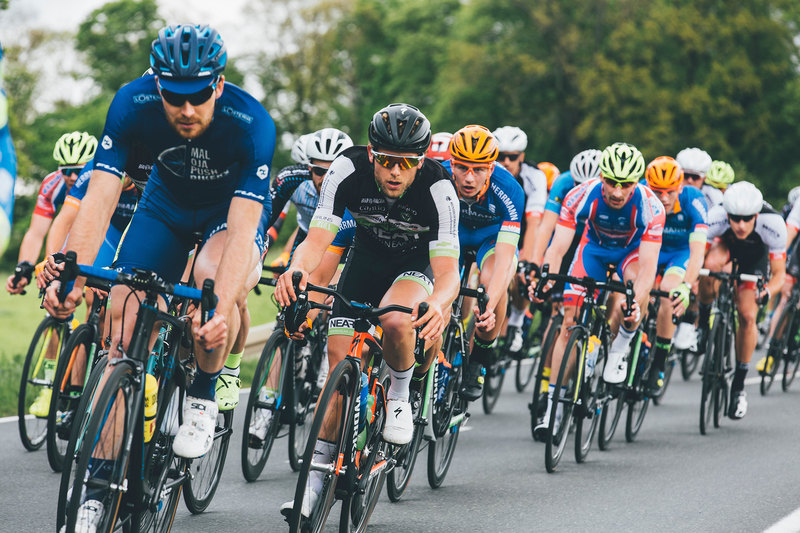
University of Cape Town (UCT) sports physician and exercise scientist Dr Jeroen Swart is back home, in self-isolation after being quarantined in Abu Dhabi in the United Arab Emirates (UAE) with members of the UAE Team Emirates cycling team. He talks about isolation and elite sport in a time of COVID-19.
Swart, as a sports medicine clinician but also as an elite cycling coach and former professional athlete, knows the passion and pain of elite sport.
Based at the Sports Science Institute of South Africa, home to the UCT Research Unit for Exercise Science and Sports Medicine, Swart was once among the country’s top 1 500 m runners in the era of Hezekiél Sepeng and Marius van Heerden.
After a debilitating knee injury, he got on a bike and ended up racing professionally for three years before returning to health sciences to specialise in sports medicine.
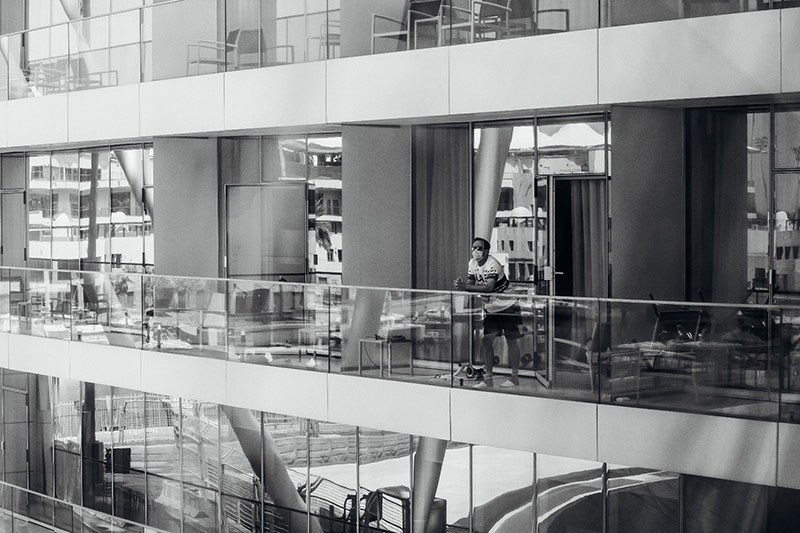
Since then he’s been physician for some big-name teams – such as the Ajax Cape Town soccer team – and elite athletes, and has worked with cyclists such as Chris Froome, Jan Ullrich and South Africaʼs Ashleigh Moolman Pasio, bronze-medal winner in the 2014 Commonwealth Games. He was also head of the playersʼ medical centre for the FIFA World Cup in 2010.
Medic and coach
In recognition of his expertise in cycling, Swart was appointed as the medical director for UAE Team Emirates, one of the top three teams in global cycling, starting with the 2019 season.
“The team reached out to me in July 2018 to see if I was interested in coming on board as they were making key changes going into the 2019 season,” Swart said.
As medical director he’s responsible for the composition of the medical team (seven doctors), and the development of their medical protocols and all related functions. He travels to the races with the team for approximately 50 days each year, but the responsibilities of coordinating the other doctors and making sure all records are up to date, generating reports and liaising with the athletes’ own doctors back at home is an all-year-round job.
At the time that COVID-19 broke worldwide, Swart was in the UAE with his team, seven riders and 16 staff who were participating at the UAE Tour, a road cycling stage race. Two suspected cases of the virus led to the cancellation of the tour and all participants, staff, press and other personnel were asked to isolate themselves in Abu Dhabi, initially for 72 hours, but some teams, including Swart’s own team, were in quarantine for 16 days.
“In the UAE I learnt to develop a routine. This helped get through the days more easily.”
Now at home, in self-isolation for another 14 days after travelling, Swart said things have looked up.
“Being in total isolation is the hardest but being home with the family makes things significantly easier.”
No sport today
But COVID-19 has pulled the rug out from under sport; meets and events have been cancelled or postponed, leaving competitors (and spectators) in a vacuum. In professional cycling, the calendar usually runs from mid-January until early October.
“As a result there are races which are a priority at all times. The peak is obviously the Tour de France in July.”
The effects of cancellations can be devastating, said Swart.
“The cancellation of events creates a significant void in terms of their drive and motivations.”
“Athletes have a primary focus of achieving success and results. The cancellation of events creates a significant void in terms of their drive and motivations. Our process is to redirect their drives towards ... staying healthy and performing altered training regimes to maintain base levels of fitness.”
It’s also an opportunity to work on weaknesses.
“By making the process the focus we can maintain interest and drive and hopefully [will] be better prepared for when the racing resumes,” he said.
Four continents
How is his team coping?
“We’ve communicated with athletes and staff on an ongoing basis as the events around COVID-19 have evolved. It’s a situation that is constantly changing and the athletes are scattered on four different continents. We therefore need to keep up to date with the changing protocols for their specific countries and assist where we can with advice.”
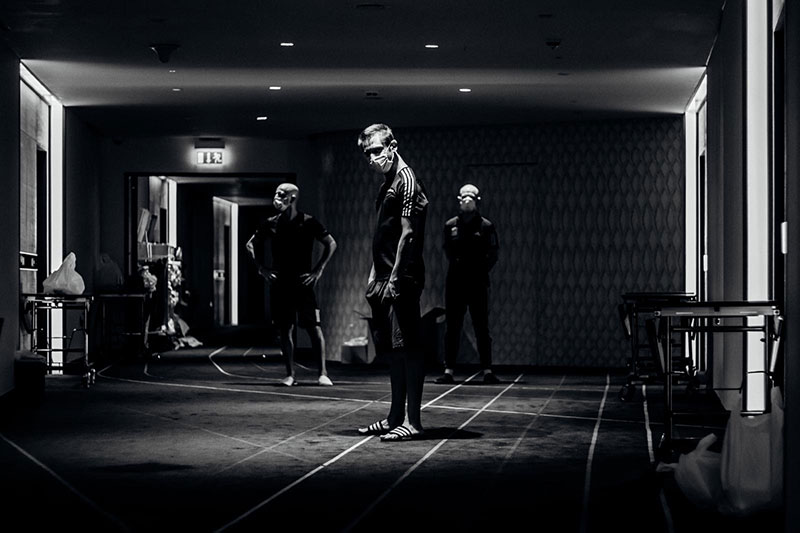
The sudden withdrawal of competitive sport events has been equally devastating for sport-loving fans and followers, many now also in self-isolation, who find themselves with nothing to watch on television.
This certainly creates a great emptiness for many people, said Swart, both in terms of viewing sport and the social interactions and camaraderie engendered around sport.
“Sport provides an important source of entertainment and social interaction ... and it can be an emotional catalyst. Reruns of past events are one way to fill this void but there will be a significant number of people who will be left with a lot of time – and frustration – on their hands.”
He’s hopeful that some events will be able to take place without spectators in six to eight weeks’ time. Spectatorless sport meetings may be required for some time before normal sporting activities can recommence.
And, as Swart predicted, the Olympics have been shifted to 2021.
Not to be trifled with
While sportspeople and spectators may find the going tough, Swart believes the pandemic poses the greatest challenge to the world in at least two generations.
“We will see an impact that will last for years to decades into the future. We’re still early on in what will be a distressing and challenging period, lasting many months. However, this will illustrate how well humanity can adapt and find novel ways to cope with what can seem like insurmountable problems. I’m confident that we will all rise to meet the challenge and overcome it.”
 This work is licensed under a Creative Commons Attribution-NoDerivatives 4.0 International License.
This work is licensed under a Creative Commons Attribution-NoDerivatives 4.0 International License.
Please view the republishing articles page for more information.







